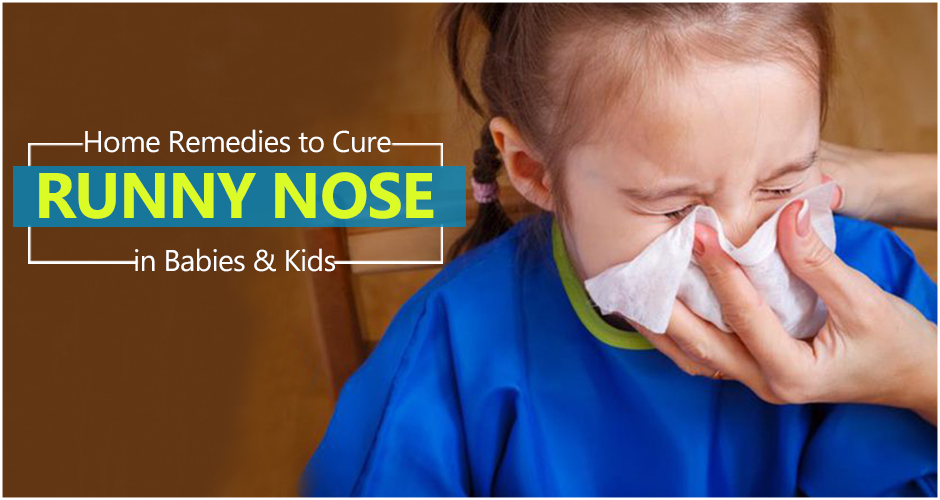
Runny Nose in Babies
2 weeks old baby or less can have a cold, and you should be concerned about it since it can lead to nasal congestion.
Your baby can start sneezing and coughing because of this and may not want to suck breast like before.
A baby’s runny nose can also be a result of teething, either the runny nose is on one side only or both.
A runny nose is the most common illness in babies and young children. The symptoms of the disease occur more frequently in the cold season.
A runny nose is usually harmless in adults, but it is a serious disease in babies and toddlers.
Take Note – Don’t use Vicks on a baby that’s less than 2 years old as you can unblock the baby’s nose naturally or use the suction pump.
Causes of a Runny Nose in Babies
A runny nose in babies is usually caused by viruses and the risk of infection is particularly high in the cold season.
Therefore, you should help your baby with a cold by bathing him/her with lukewarm water and cloth the baby properly with winter dresses to prevent cold.
Sometimes, a runny nose can also be a bacterial infection. A pediatrician should always be consulted in these cases.
You should get worried if your baby has watery eyes and a runny or stuffy nose.
Symptoms of a Runny nose
When a cold is triggered by viruses, a watery secretion flows from the nose.
Sometimes bacteria can also be the trigger, then the secretion emerging from the nose is thicker and has a slightly yellowish color.
The mucous membranes of the nose swell, so breathing through the nose is difficult or hardly possible.
Depending on the cause of the runny nose, a burning sensation or a sore feeling may occur in the nasopharynx.
A runny nose is accompanied by a violent urge to sneeze, sometimes also by fever, cough, and headache.
Fatigue and general exhaustion are other side effects.
In babies and toddlers, the nasal cavities are still very narrow and small, therefore, they clog much faster than in adult patients.
In addition, babies breathe almost exclusively through their noses. It can therefore happen that the babies refuse to drink and the general condition of the baby deteriorates quickly.
For this reason, a runny nose is a serious illness in infants and toddlers and should be treated in no time.
Treating a Runny Nose in Babies and Toddlers
Babies and toddlers who are not yet able to blow their noses should have their noses cleaned several times daily with cotton buds.
If it is a toddler, and he/she can blow the nose, you should use paper tissues only to dispose of the mucus.
Also, it is best to use a fresh handkerchief every time you blow his/her nose to prevent re-infection.
Mild nasal drops or nasal ointments, especially for babies and small children should be given exactly as instructed.
As soon as the child gets a fever over 38 ° or the nasal mucus becomes purulent yellow, the pediatrician should be consulted.
Your pediatrician should also advise on the best sleeping positions for a baby with a stuffy nose, it’s also one of the ways to stop runny noses in babies naturally.
Also, as long as the child does not have a fever, they can and should go out into the fresh air several times a day for a short time in warm clothes.
How long does a runny nose last in babies? This is the question that most mothers are curious to know.
The runny nose should stop in 1 week provided the basic baby care methods are followed – Clothing all parts of the body, sleeping position, lukewarm water bath, food and others.
Giving enough water and food is also important. If the cold does not go away after 1 week of following the above-mentioned home remedies, the pediatrician should be consulted.
A runny nose in babies can quickly develop into otitis media if proper management is not provided by a doctor.





